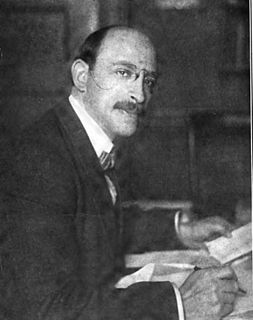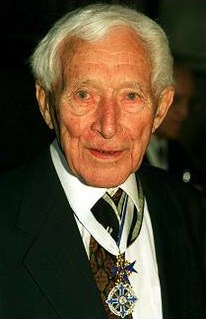A Quote by Socrates
He is a man of courage who does not run away, but remains at his post and fights against the enemy.
Related Quotes
A man who gives way to his passions is like a man who is shot by an enemy, catches the arrow in his hands, and then plunges it into his own heart. A man who is resisting his passions is like a man who is shot by an enemy, and although the arrow hits him, it does not seriously wound him because he is wearing a breastplate. But the man who is uprooting his passions is like a man who is shot by an enemy, but who strikes the arrow and shatters it or turns it back into his enemies heart.
The man who can face vilification and disgrace, who can stand up against the popular current, even against his friends and his country when he know he is right, who can defy those in authority over him, who can take punishment and prison and remain steadfast-that is a man of courage. The fellow whom you taunt as a 'slacker' because he refuses to turn murderer-he needs courage. But do you need much courage just to obey orders, to do as you are told and to fall in line with thousands of others to the tune of general approval and the Star Spangled Banner?
Courage is a terribly important value. It means you don’t run away when things are tough. It means you don’t turn away from a friend when he or she is in trouble. It means standing up against the majority opinion... There’s a lot of people who won’t wear it on their sleeve, or display it through some heroic act. But courage is having the strength to do what’s honorable and decent.
How much reverence has a noble man for his enemies!--and such reverence is a bridge to love.--For he desires his enemy for himself, as his mark of distinction; he can endure no other enemy than one in whom there is nothing to despise and very much to honor! In contrast to this, picture "the enemy" as the man of ressentiment conceives him--and here precisely is his deed, his creation: he has conceived "the evil enemy," "the Evil One," and this in fact is his basic concept, from which he then evolves, as an afterthought and pendant, a "good one"--himself!








































